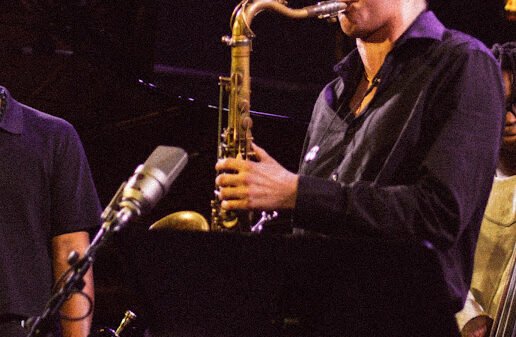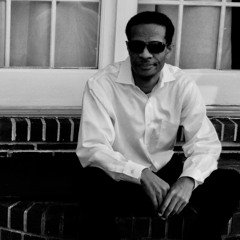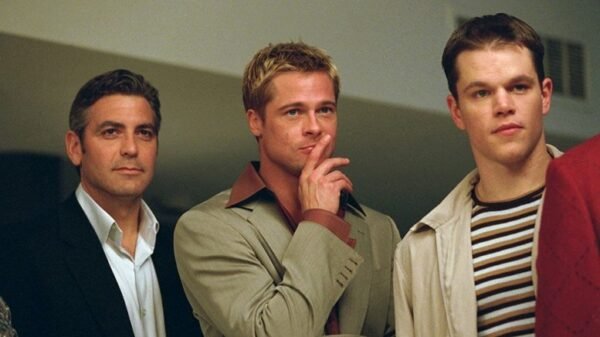Key Sentence:
- Her telephone’s camera is pointing outwards towards moving slopes; birds cackle boisterously behind the scenes.
- The Australian performer is not calling from her Melbourne home.
Relatively the pure Piha Beach is close to Auckland, New Zealand, where she’s approaching the finish of a three-week visit. It’s her initially live excursion in beyond what year and a half, and it’s reasonable.
“Hold tight, I’ll show you the trees,” she says, similar to an edgy traveler, panning the camera telephone to uncover a woods that is jumped straight out of the pages of Lord of the Rings. “It’s delightful here,” she says, sounding substance, her grinning face now in see.
Like it has for some individuals during the previous year, it’s been a time of exceptional reflection for Barnett that transformed into a welcome delay, which has brought about her new and third collection, Things Take Time, Take Time. Also, Barnett, for once, has genuinely expected to.
Since she burst onto Melbourne’s DIY independent circuit around 2012, reexamining grit, nonmainstream, and alt-rock for the 21st century through a female, eccentric, women’s activist focal point, it’s going to go. Blending cynical, meandering aimlessly verses with a lifeless conveyance, her tunes are loaded with contemporary boredom, taking the regular and transforming it into shouts of existential fear.
Not in vain was her presentation collection, 2016’s Sometimes I Sit and Think, and Sometimes I Sit, selected for a Grammy and a Brit Award. Its development, 2018’s Tell Me How You Feel, was the same, picking at the scabs of her tensions as she wrestled with her expanding popularity as a worldwide nonmainstream hotshot
“It was insane,” Barnett reviews of the period around her subsequent record. A rushed visiting plan, a separation with long haul accomplice Jen Cloher and frustration at Australia’s governmental issues incurred significant damage.
The country’s choice to decide on gay marriage in November 2017 was a specific depressing spot.
“It was so pernicious to such countless individuals thus numerous families that all around existed,” she clarifies, still obviously annoyed with the aggravation in caused Australia’s LGBTQ+ people group and her way of life as a gay lady got up to speed in everything. “Their legitimacy was being addressed, it was being set up for a vote, and it was simply unquestionably harming.”
While the vote was passed, it didn’t stop Barnett from seeing the dropout from the individuals who cast a ballot against it direct when she covered INXS’s “Never Tear Us Apart” for an Apple ad in February 2018. What was intended to be a festival of same-sex marriage transformed into a backfire: the video was deluged with homophobic remarks on the web.
“I wasn’t stunned by it,” Barnett moans, adding that it mirrored the poisonous public exchange encompassing the vote. “I would typically pass on an advert like that. However, I just had an idea it was for a decent aim. To have the option to send a positive message was something I thought advantageous, and obviously, it was so effective. But, all things being equal, it was all so negative.”



























